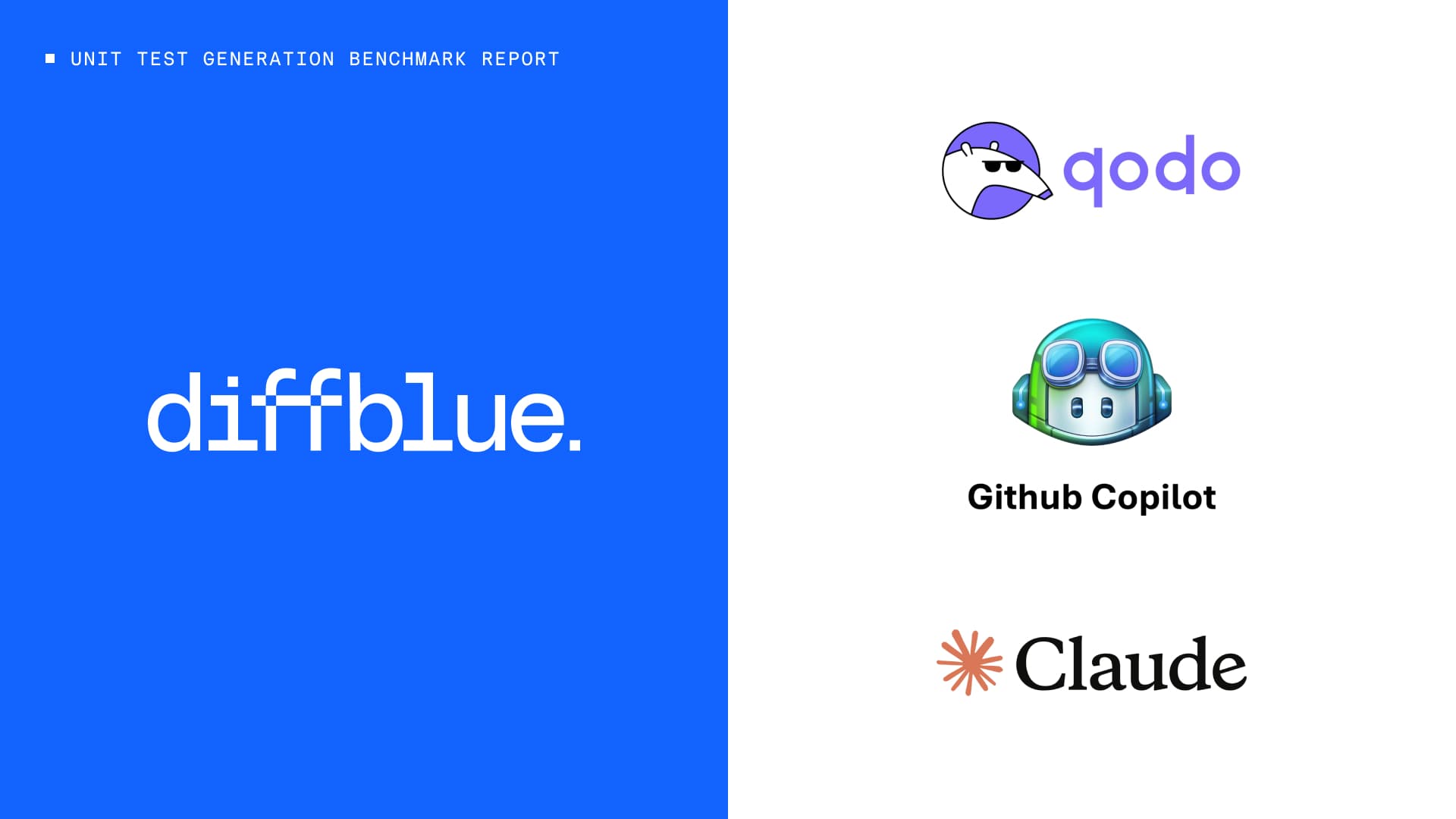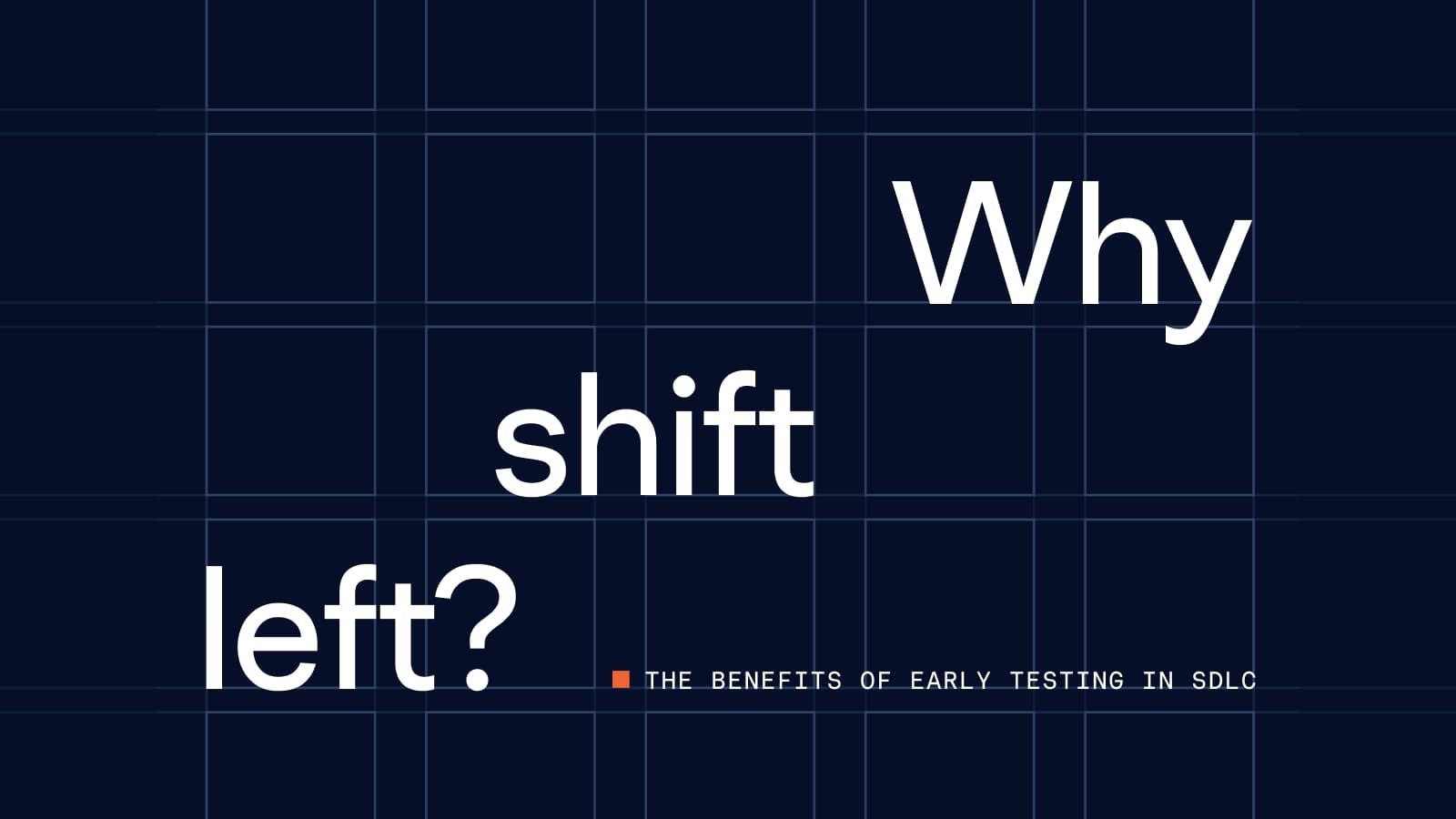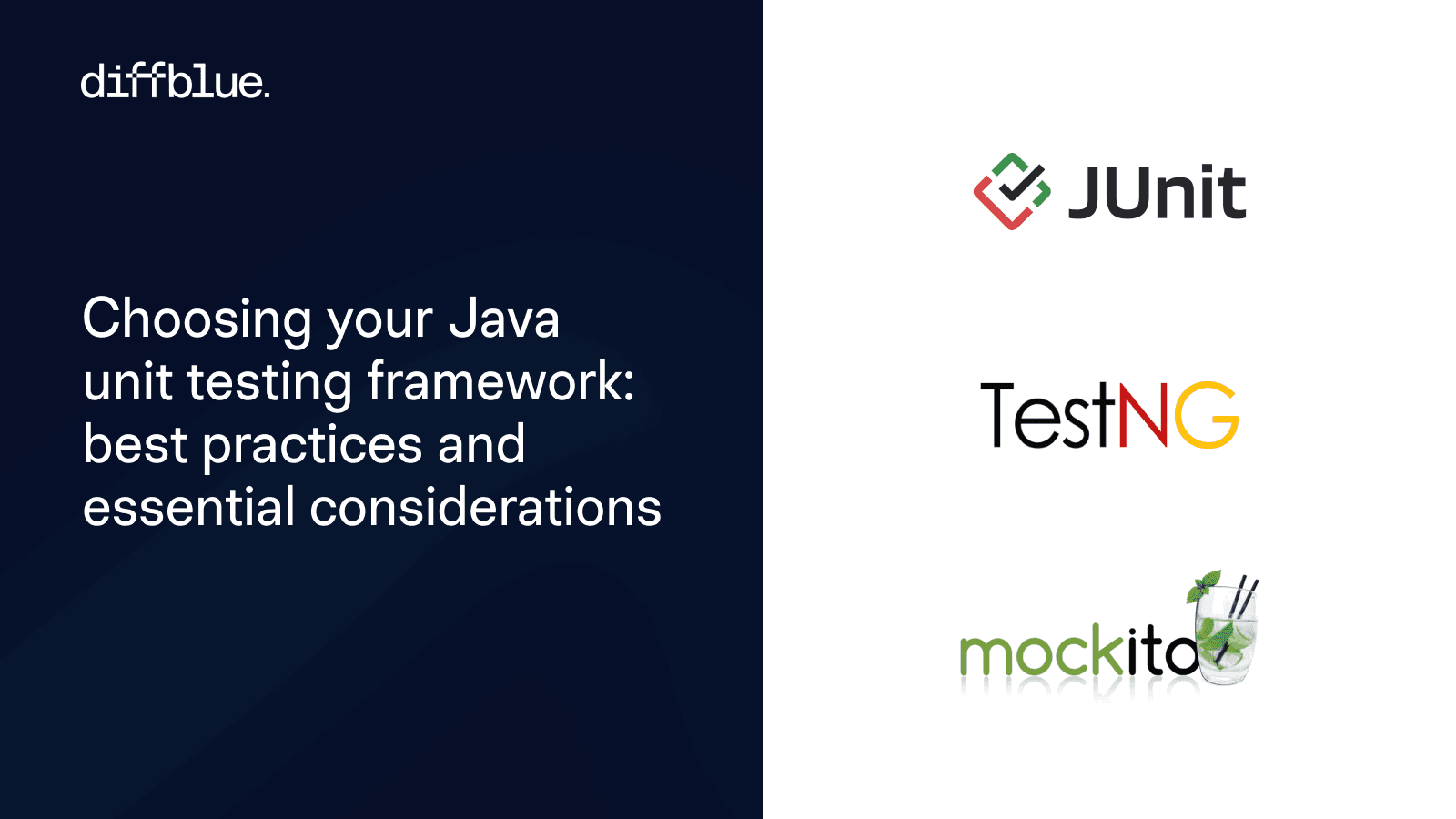The landscape of automated unit test generation has undergone a dramatic transformation with the emergence of large language models and AI-powered coding assistants. As development teams seek to improve code coverage while managing technical debt, the choice of testing automation tools has become increasingly critical. In this comprehensive analysis, we examine how Diffblue Cover, a purpose-built autonomous testing agent, performs against three prominent AI-powered alternatives: Anthropic’s Claude Code, Qodo, and GitHub Copilot.
Our benchmark studies, conducted across multiple open-source and closed-source Java projects, reveal significant performance variations that directly impact developer productivity, test quality, and ultimately, software reliability. The findings challenge conventional assumptions about AI-powered development tools and highlight the enduring value of specialized, deterministic testing solutions.
Claude Code: The Rising Code Assistant
Anthropic’s Claude Code represents a significant leap forward in LLM-based test generation, demonstrating capabilities that far exceed earlier AI coding assistants. Our benchmark study reveals a tool that is by far the most autonomous among the LLM-based test generation tools we compared, while producing high quality tests.
Key Performance Metrics:
- Line Coverage Efficency: Achieves 17% (Tika), 13% (Halo), 7% (Sentinel) in the same timeframe as Diffblue Cover achieves 54% (Tika), 50% (Halo), 69% (Sentinel)
- Test Quality: Mutation scores ranging from 60-89%, matching industry standards
- Automation Level: Semi-autonomous, requiring approximately 14 prompts per project
Claude Code can generate tests across multiple programming languages and frameworks, adapting to existing coding styles without configuration. This flexibility comes with trade-offs: Claude Code operates 3.2 times slower than Diffblue Cover and requires frequent developer interaction to maintain progress.
Perhaps most telling is Claude’s performance on closed-source enterprise code. While achieving 49% coverage on our benchmark closed-source project compared to Diffblue’s 65%, this gap suggests that specialized tools retain advantages when dealing with complex, proprietary codebases, a critical consideration for enterprise deployments.
Download the complete Claude Code vs. Diffblue Cover benchmark report
Qodo Gen: Flexible Test Generation with Limitations
Qodo Gen positions itself as a comprehensive developer productivity platform, offering test generation alongside code review and documentation capabilities. Our benchmark analysis reveals a tool that prioritizes developer control and customization over raw automation performance, a philosophical approach that yields both benefits and significant limitations.
Performance Analysis:
- Line Coverage Efficiency: 4.9x lower coverage than Diffblue in equivalent time
- Test Volume: Generates 17.6x fewer tests in the same timeframe
- Reliability: Tests compile and pass 58-88% of the time, requiring manual intervention
- Productivity Impact: Covers 29x fewer lines of code annually compared to Diffblue’s autonomous agent
The compilation and test failure rates represent Qodo’s most significant operational challenge. With 12-42% of generated tests failing to compile or pass initially, developers face substantial remediation overhead. This manual intervention requirement fundamentally undermines the automation promise, transforming what should be a time-saving tool into a source of additional technical debt.
Qodo’s strength lies in its flexibility and integration with developer workflows. The tool excels at generating tests that match existing coding styles and can theoretically create any type of test, not just unit tests. However, this flexibility comes at the cost of speed, reliability, and true automation, factors that become increasingly critical as codebases scale.
Access the full Qodo Gen vs. Diffblue Cover comparative study
GitHub Copilot: The Mainstream Contender
GitHub Copilot’s integration with GPT-5 represents a significant advancement in AI-assisted development, with our September 2025 benchmarks showing notable improvements over previous iterations. The new GPT-5 Agent mode demonstrates that while progress is rapid, fundamental architectural limitations persist.
Comparative Findings:
- Line Coverage Efficiency: Achieves 5-29% coverage compared to Diffblue’s 50-69% in the same timeframe
- Manual Overhead: Requires continuous developer guidance and prompt engineering
- Test Quality: 60% average mutation score, improved but still below Diffblue’s 71% average
- Scalability: Limited ability to handle project-wide test generation autonomously
Even with GPT-5 and Agent mode’s improvements, Copilot operates fundamentally as an assistant rather than an agent. The tool requires developers to remain engaged throughout the testing process—instructing, waiting, verifying results, re-prompting when something didn’t work as expected (e.g. there are compilation errors). This continuous interaction model creates a productivity ceiling that no amount of model improvement can overcome.
The distinction becomes stark when considering actual developer workflow. While Diffblue Cover runs unattended for hours, allowing developers to focus on strategic tasks, Copilot users must context-switch repeatedly.
Download the comprehensive GitHub Copilot performance comparison

The Autonomous Advantage: Understanding the Performance Gap
The benchmark data reveals a consistent pattern: while AI-powered coding assistants have made remarkable progress, purpose-built autonomous testing solutions maintain decisive advantages in speed, reliability, and true automation. Diffblue Cover’s deterministic approach, leveraging reinforcement learning and bytecode analysis rather than large language models, delivers several critical benefits that become increasingly important at enterprise scale.
Operational Excellence:
- Zero Manual Intervention: Single-command execution for entire projects
- Guaranteed Compilation: 100% of tests compile and pass on generation
- Predictable Performance: Deterministic output ensures repeatability
- 24/7 Operation: True autonomous agent capability without human oversight
The distinction between “AI-assisted” and “autonomous” proves crucial in practice. While tools like GitHub Copilot, Claude Code and Qodo Gen require developers to remain engaged throughout the testing process, providing prompts, fixing failures, and making decisions, Diffblue Cover operates as a true autonomous agent. This fundamental difference translates to a 20x productivity advantage when calculated on an annual basis, accounting for the reality that autonomous agents can operate continuously without human intervention.
For enterprise environments where predictability, compliance, and scalability are paramount, these operational characteristics often outweigh the flexibility advantages of LLM-based solutions. The ability to integrate automated test generation into CI/CD pipelines, maintain consistent test quality standards, and operate without unpredictable token costs provides a total cost of ownership advantage that extends beyond simple performance metrics.
The evolution of AI-powered development tools will undoubtedly continue, and the performance gaps identified in these studies may narrow over time. However, the fundamental architectural advantages of purpose-built, deterministic testing solutions suggest that specialized tools will continue to play a critical role in enterprise software development workflows, particularly for mission-critical applications where reliability and predictability remain non-negotiable requirements.







